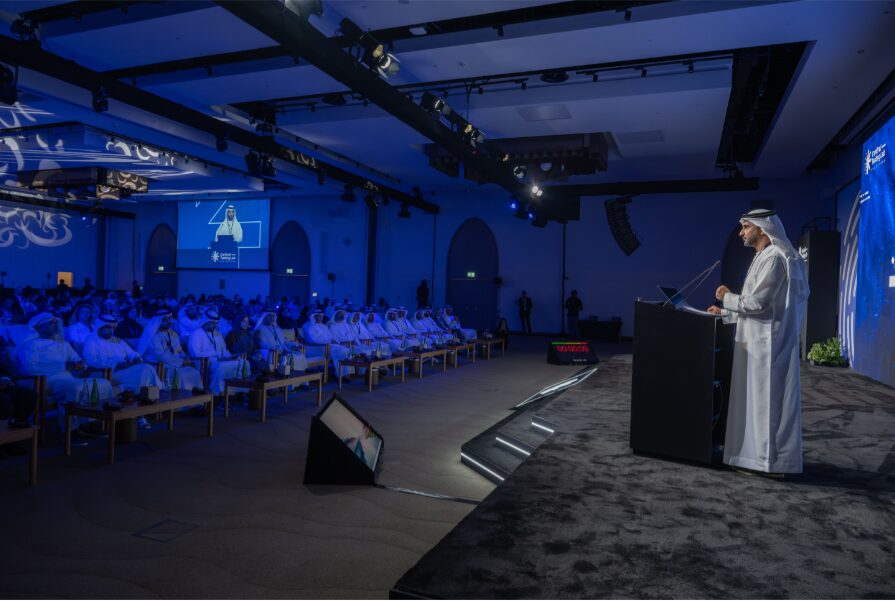
The second Water Quality Forum (WQF) concluded today in Abu Dhabi, bringing together international experts to discuss cutting-edge innovations in water quality monitoring and infectious disease prevention strategies.
The event, organized by M42 Environmental Sciences in partnership with the Abu Dhabi Quality and Conformity Council (ADQCC), featured presentations from global health experts highlighting advanced technologies in water surveillance and pathogen detection.
Key highlights from the forum included:
Innovative Technologies Showcased
Yohannes Mengistu Eshete from the Association of Public Health Laboratories emphasized that wastewater monitoring is “an essential tool for early pathogen detection”. Ethiopia plans to integrate this surveillance fully into its national epidemiological system.
Professor Ryo Honda from Kanazawa University highlighted Japan’s approach of sharing real-time pathogen data through online platforms and social media, enabling residents to make informed public health decisions.
Professor Haroun Shah from the University of West London presented rapid bacterial detection methods, including a breakthrough Raman Spectroscopy technique that can identify pathogens in just 10 seconds, potentially revolutionizing disease prevention.
Jason Moore from Lyten Batteries noted the potential of graphene-based technologies in future water filtration, particularly in challenging desert environments like the UAE.
Dr. Farida Al Hosani from the Global Institute for Disease Elimination (GLIDE) underscored the critical role of genetic testing and artificial intelligence in predicting and preventing potential disease outbreaks.
The forum demonstrated the UAE’s commitment to advancing global health technologies and positioning itself at the forefront of innovative disease prevention strategies.